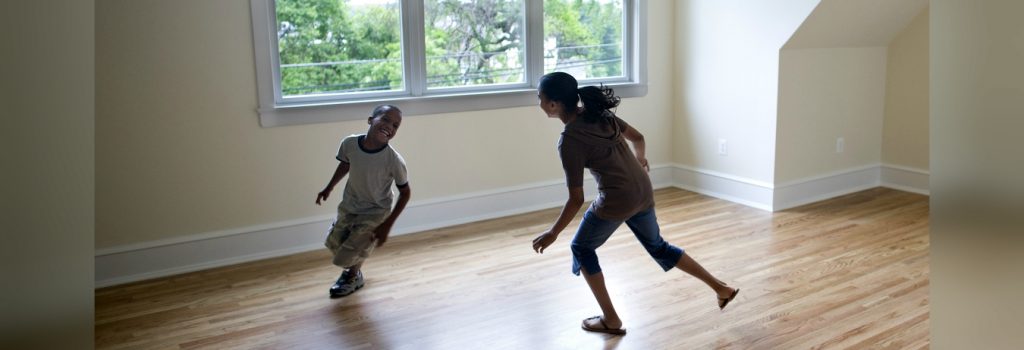Dr Ruth Van Reken, co-author of the seminal work Third Culture Kids: Growing Up Among Worlds, has plenty of valuable insights when it comes to living abroad as a family.
Concerned parents
Parents, especially ones who had an entirely monocultural upbringing, often worry about the long-term effects that expatriation could be having on their children. Will their ‘third-culture kids’ (TCKs) be able to relate to their homeland and compatriots later on in life? And how will their children eventually look back on these years when they (without a say in the matter) were raised in a foreign land?
This is who we are…
But over the course of a long, distinguished career, Dr Van Reken has talked to thousands of TCKs, and she believes very few have regrets about their life when they reach adulthood. Speaking on the Sundae Bean Podcast, she explained how all children wish for a sense of security. Through their actions, Dr Van Reken believes parents can (and should) tell their kids: “This is who we are and we can do this in different places.”
Live in the now
When she was growing up as a US citizen in Nigeria, Dr Van Reken’s father used to tell her: “Unpack your bags and plant your trees.” When he literally planted orange trees in Nigeria, he also wanted his kids to see the symbolism of his actions. “Too many people never live in the now because they assume the time is too short to settle in,” Dr Van Reken writes in Third Culture Kids: Growing Up Among Worlds. “They don’t plant trees because they expect to be gone before the trees bear fruit. But if you keep thinking about the next move, you’ll never live fully where you are. When it’s time to go, then it’s time to go, but you won’t have missed what this experience was about. If you never eat from the trees, someone else will.”
Pay attention
Dr Van Reken also believes expat parents shouldn’t worry if their kids don’t wholly relate to their ‘passport culture’. By virtue of being raised in a third culture, they will inevitably have an international mindset and a more flexible identity, and they’ll be learning valuable intercultural skills without even realising it. Dr Van Reken’s advice: “Remember your child is not you and no one’s story is ever the same. So pay attention to who your kid is and allow them as individuals to relate to others.”





